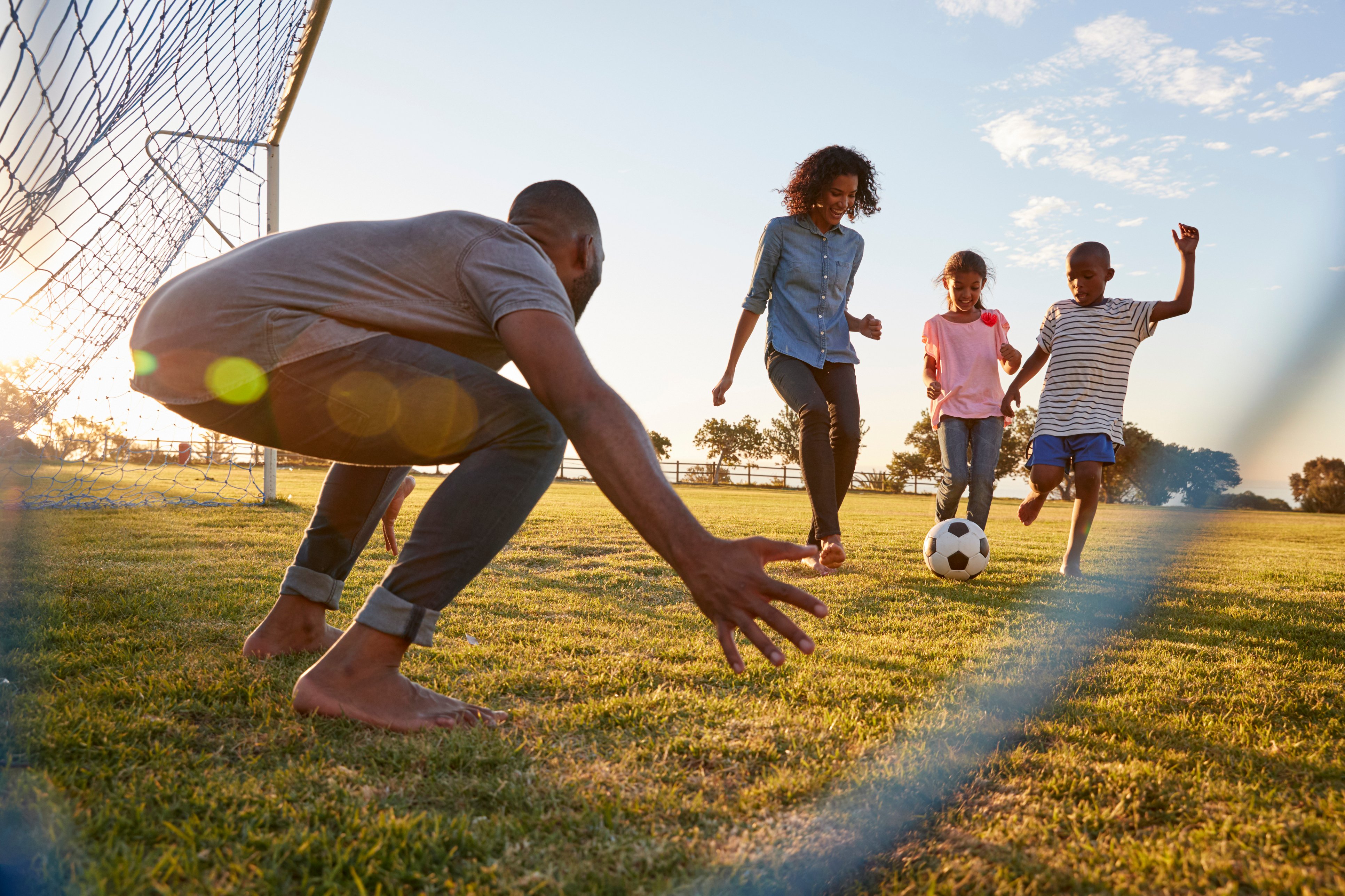JIA symptoms will have a large impact on your child or teenager's life. This section will cover the effect and impact various JIA symptoms will have in different areas of your child's life.
Common symptoms of JIA
Children and teenagers with JIA have many common symptoms, including:
- joint swelling
- joint pain
- stiffness, which is difficulty moving the joints
- fatigue, which means feeling tired all day long
- sleep difficulties
A child or teenager's symptoms can affect their daily activities. They may find it hard to get dressed, or go to school or work. It might be difficult to play sports and do other fun activities. Like many other children and teenagers with JIA, they might also feel isolated, helpless, or depressed.
JIA affects each person differently. A child might not have all of these symptoms. How their symptoms affect them also vary.
There are things that can be done to reduce or limit how much these symptoms interfere with a child or teenager's everyday activities. In the treatment section of this learning hub, there is more information about how to manage the symptoms of JIA. Learning strategies to manage JIA symptoms can help a child or teenager become more active and make feel more positive.
How will JIA affect a child’s future health?
It is impossible for a doctor to really predict whether the JIA will go away, or whether your child will have it as an adult. In general, though, about 70% of young people with JIA will have active arthritis as adults. Also, the longer the disease remains active, the greater the risk that your child will have joint damage.
The good news is that almost all young people with JIA can control their arthritis with medicines and other treatments. This means that your child or teen should be able to do all of the things they want to do. The health-care team will monitor your child's symptoms and work with them to keep their joints as healthy as possible.

